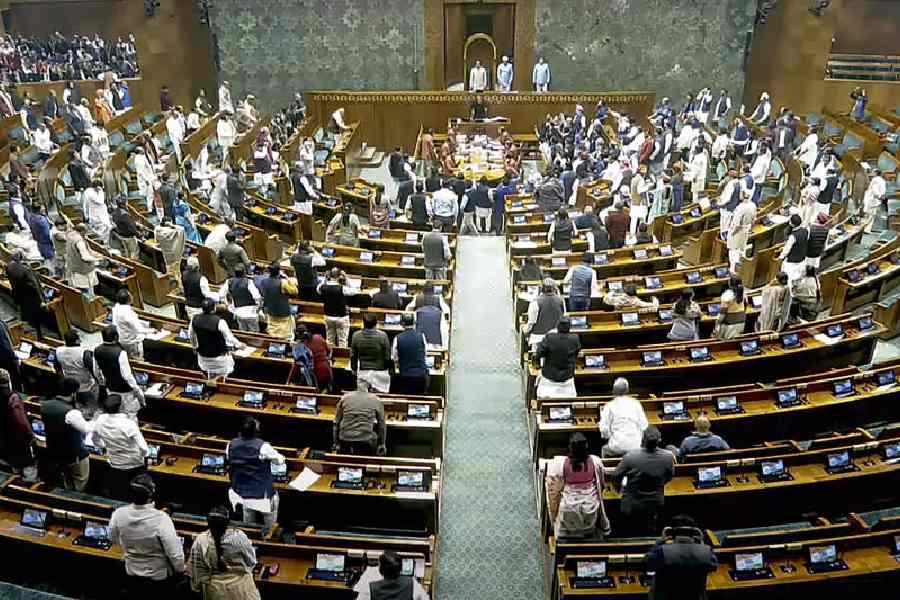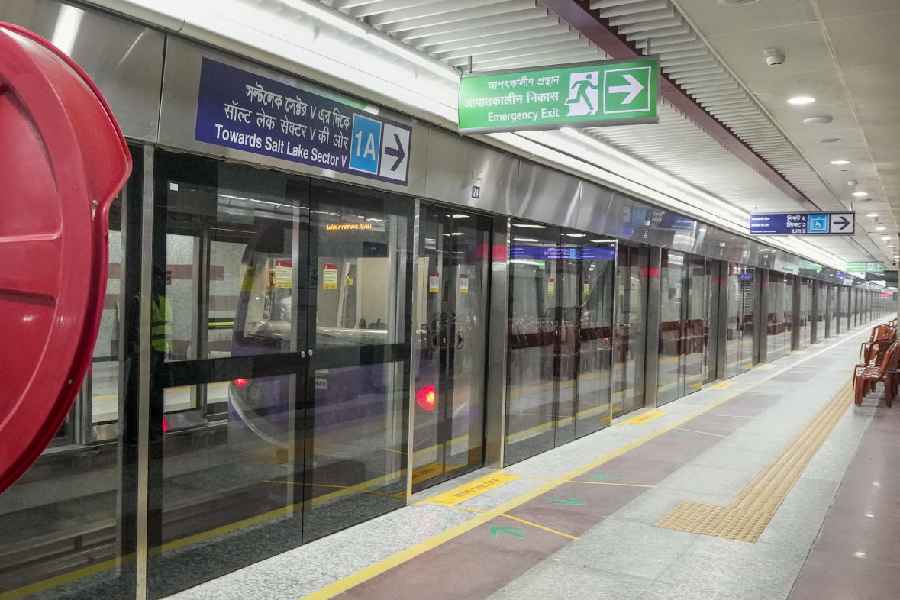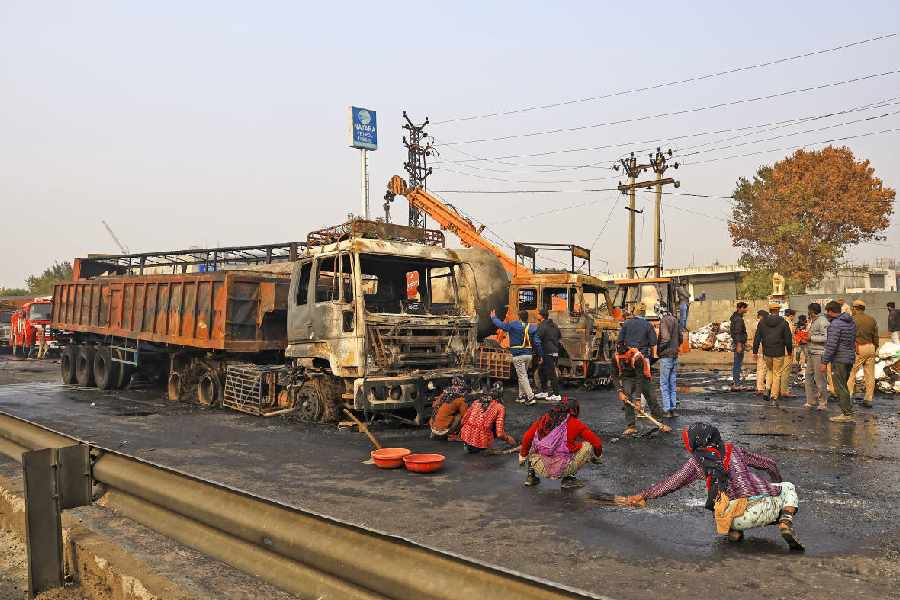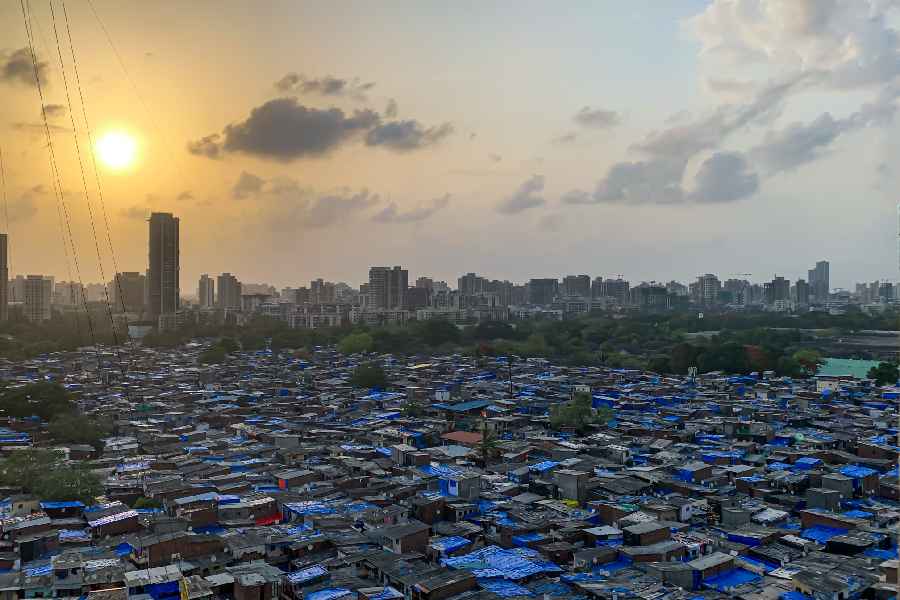Jharkhand chief minister Hemant Soren has said that migrant workers from the state would have to henceforth seek the government’s permission before leaving.
“The government wants the workers to go outside the state with its consent,” Soren told reporters outside the Project Bhavan secretariat here on Thursday evening. It would help the authorities know about their whereabouts and also to reach out to them in case of disaster-like emergencies, he added.
“There are many far-flung places in Ladakh and other defence areas along the borders where ordinary people can’t go unless given special assistance,” he said, explaining the government’s intention.
He was replying to a query by mediapersons on whether the state government was not willing to send workers out anymore, particularly after it withdrew permission given earlier to Border Roads Organisation for the recruitment of workers in Dumka.
“Asking workers to seek permission for working outside is unconstitutional. Instead the Hemant Soren government should ensure registration of workers, social security, implementation of labour laws and adequate employment. Also talk to states to ensure dignified working & living conditions,” Jharkhand Janadhikar Mahasabha, an umbrella organisation of activists and civil society groups, tweeted on Friday in reaction to the chief minister’s statement.
BRO was permitted to recruit workers from Santhal Pargana region, numbering around 11,000, but was stopped in the last week of May citing the coronavirus pandemic and the possibility of extension of the fourth phase of the lockdown.
The state government said it was working to give employment to such workers, estimated to be around 9.5 lakh, through various projects under the Mahatma Gandhi National Rural Employment Guarantee Act.
“I have some agricultural land where I grow paddy but went to work for a BRO project to earn during the lean months,” said Pradeep Hansda, a 41-year-old worker from Dumka, who returned from Port Blair in a chartered flight on Thursday evening.
He was working at the project site at Campbell Bay in Great Nicobar that would take 24 hours to reach from Port Blair by steamer, he said. According to Hansda, he worked for 180 days receiving Rs 400 per day.
He was thankful that the state government took the initiative to bring him and 179 others stranded back home.
“I had gone there even before and will like to go again if I get a chance,” he replied, when asked if his experience would discourage him from venturing out again.
Under MGNREGA, such workers would earn a daily wage of Rs 194, much less than even the minimum wage for the agriculture workers in the state (Rs 294) that food activists had demanded for those employed under the rural job scheme.
They felt that the low wages, coupled with unavailability of sufficient number of jobs, could be the reason for workers going outside the state.











